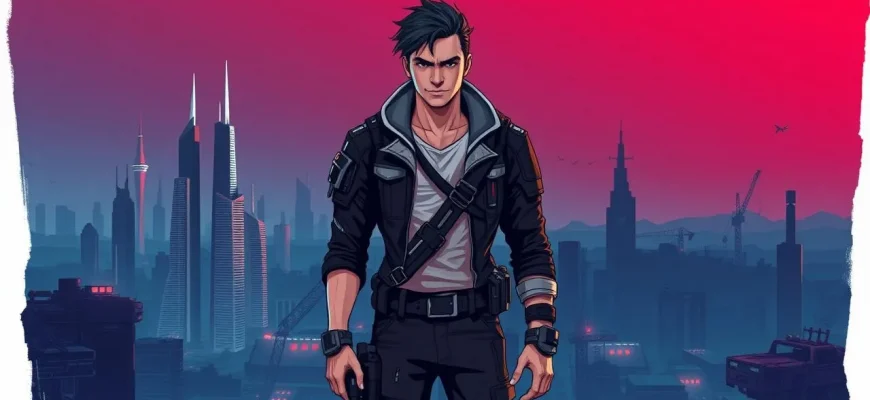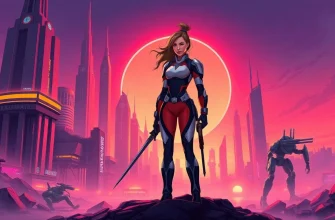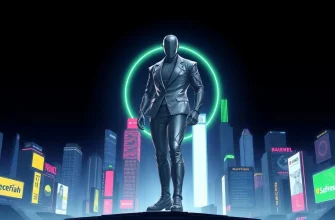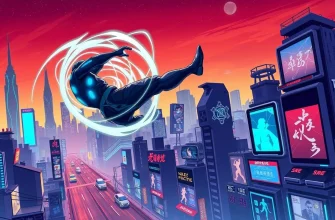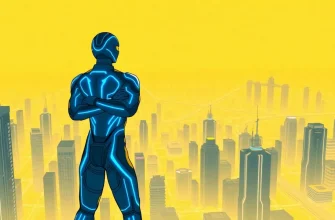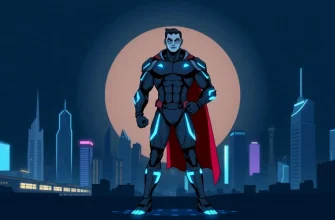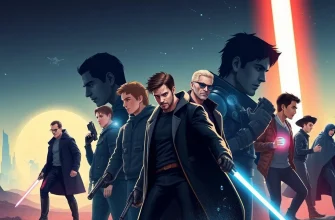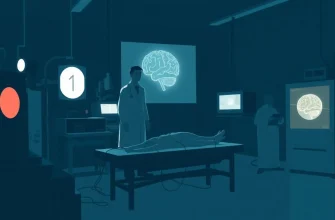Dive into the world of science fiction where heroes are not always on the side of good. This collection of films showcases antiheroes who navigate through futuristic worlds, dystopian societies, and moral dilemmas, offering a fresh perspective on heroism. These characters challenge our notions of right and wrong, making for compelling narratives that leave viewers pondering long after the credits roll.

A Clockwork Orange (1971)
Description: Alex, a charismatic but sociopathic leader of a gang, undergoes a controversial treatment to cure his violent tendencies, raising questions about free will and morality.
Fact: The film was banned in several countries due to its graphic violence. Also, Stanley Kubrick's use of classical music in violent scenes was groundbreaking.
 Watch Now
Watch Now 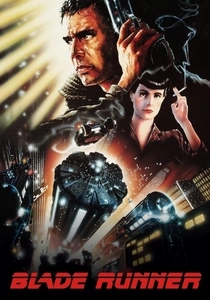
Blade Runner (1982)
Description: In a dystopian future, Rick Deckard, a 'blade runner', must hunt down bioengineered beings known as replicants. His journey blurs the lines between creator and creation, questioning what it means to be human.
Fact: The film's famous unicorn scene was added in later versions to suggest Deckard might be a replicant himself. Also, the film's visual style heavily influenced the cyberpunk genre.
 Watch Now
Watch Now 
Brazil (1985)
Description: Sam Lowry, a low-level bureaucrat, dreams of escaping his oppressive society through fantasies of a mysterious woman, leading him to become an unlikely rebel.
Fact: The film was inspired by George Orwell's "1984" and Franz Kafka's "The Trial." Also, Terry Gilliam had to fight Universal Studios to release his director's cut.
 Watch Now
Watch Now 
Ghost in the Shell (1995)
Description: In a cybernetic future, Major Motoko Kusanagi, a cyborg, hunts a hacker known as the Puppet Master, leading her to question her own identity and existence.
Fact: The film was one of the first anime to be widely recognized in the West. Also, it heavily influenced the Wachowskis in creating 'The Matrix.'
 Watch Now
Watch Now 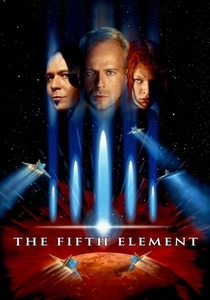
The Fifth Element (1997)
Description: Korben Dallas, a former special forces major turned taxi driver, becomes embroiled in a cosmic battle to save Earth, showcasing his antiheroic traits through his reluctant heroism.
Fact: The film's futuristic cityscape was inspired by the work of French artist Jean Giraud (Moebius). Also, it was one of the first films to use digital color grading extensively.
 Watch Now
Watch Now 
The Matrix (1999)
Description: Neo, a hacker, discovers the truth about his reality and his role in a rebellion against the machines that have enslaved humanity. His journey from antihero to potential savior is fraught with philosophical questions.
Fact: The Wachowskis developed the concept for 'The Matrix' after reading Jean Baudrillard's "Simulacra and Simulation." Also, the film's 'bullet time' effect revolutionized action scenes in cinema.
 Watch Now
Watch Now 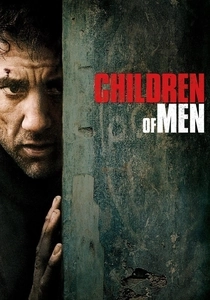
Children of Men (2006)
Description: In a world where humans can no longer reproduce, Theo Faron, a former activist, becomes the unlikely protector of the world's only pregnant woman, navigating through a dystopian England.
Fact: The film was shot in real locations, including a scene during a riot that was filmed with real protesters. Also, the long takes in the film were meticulously planned.
 Watch Now
Watch Now 
Equilibrium (2002)
Description: In a future where emotions are outlawed, John Preston, a high-ranking government agent, begins to question the regime after accidentally missing his daily dose of emotion-suppressing drugs.
Fact: The film was inspired by Ray Bradbury's "Fahrenheit 451" and Aldous Huxley's "Brave New World." Also, the gun-kata fighting style was created specifically for this movie.
 Watch Now
Watch Now 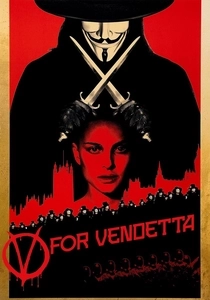
V for Vendetta (2005)
Description: V, a mysterious revolutionary with a penchant for Guy Fawkes masks, seeks to overthrow a totalitarian regime, embodying the archetype of the antihero with his violent methods for a noble cause.
Fact: The film was adapted from Alan Moore's graphic novel, but Moore disowned the film due to changes in the story. Also, the mask has since become an icon for various protest movements worldwide.
 Watch Now
Watch Now 
The Dark Knight (2008)
Description: Batman, an antihero in his own right, faces off against the chaotic and unpredictable Joker, pushing him to the limits of his moral code.
Fact: Heath Ledger's portrayal of the Joker won him a posthumous Oscar. Also, the film was the first comic book movie to win a Golden Globe for Best Motion Picture - Drama.
 Watch Now
Watch Now 
